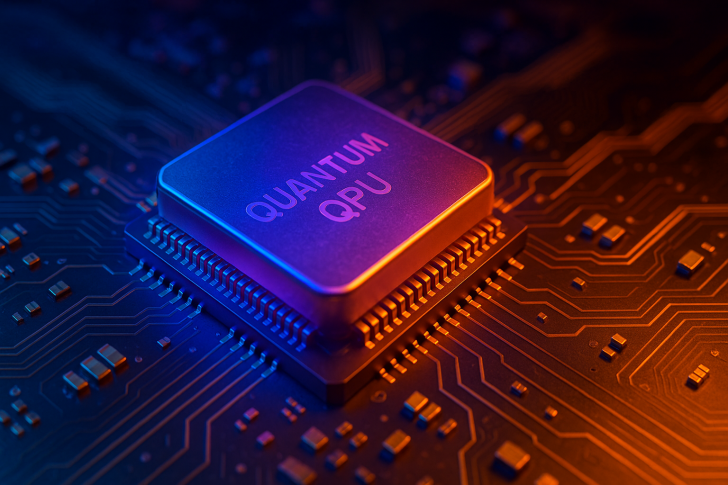⬤ A newly developed optical quantum chip has demonstrated more than a thousandfold speed increase when tackling complex computational problems. This breakthrough adds to a growing list of rapid advances in AI hardware, fueling speculation that transformative changes in computing capabilities are arriving faster than many anticipated.

⬤ The quantum acceleration technology is catching the eye of policymakers worldwide, especially as governments explore taxation frameworks for high-energy compute infrastructure. Potential taxes on power-intensive quantum systems could create financial pressure for data center operators and emerging AI companies, possibly triggering consolidation or driving tech talent toward more business-friendly jurisdictions.
⬤ The optical quantum design delivers exceptional parallelism, enabling computation speeds that traditional semiconductor chips simply can't match. For AI applications—where training massive models and running inference already push GPUs to their limits—this kind of performance jump could eliminate major bottlenecks and fundamentally change the cost structure of AI development across research labs and commercial deployments.

⬤ This breakthrough comes at a critical time as global demand for computing power continues its steep climb. Major economies are pouring resources into next-generation chip development to maintain momentum in AI progress. If this quantum chip proves scalable for real-world data centers, it could represent one of the most important hardware milestones in recent years and significantly strengthen China's competitive position in artificial intelligence development.
 Eseandre Mordi
Eseandre Mordi

 Eseandre Mordi
Eseandre Mordi


